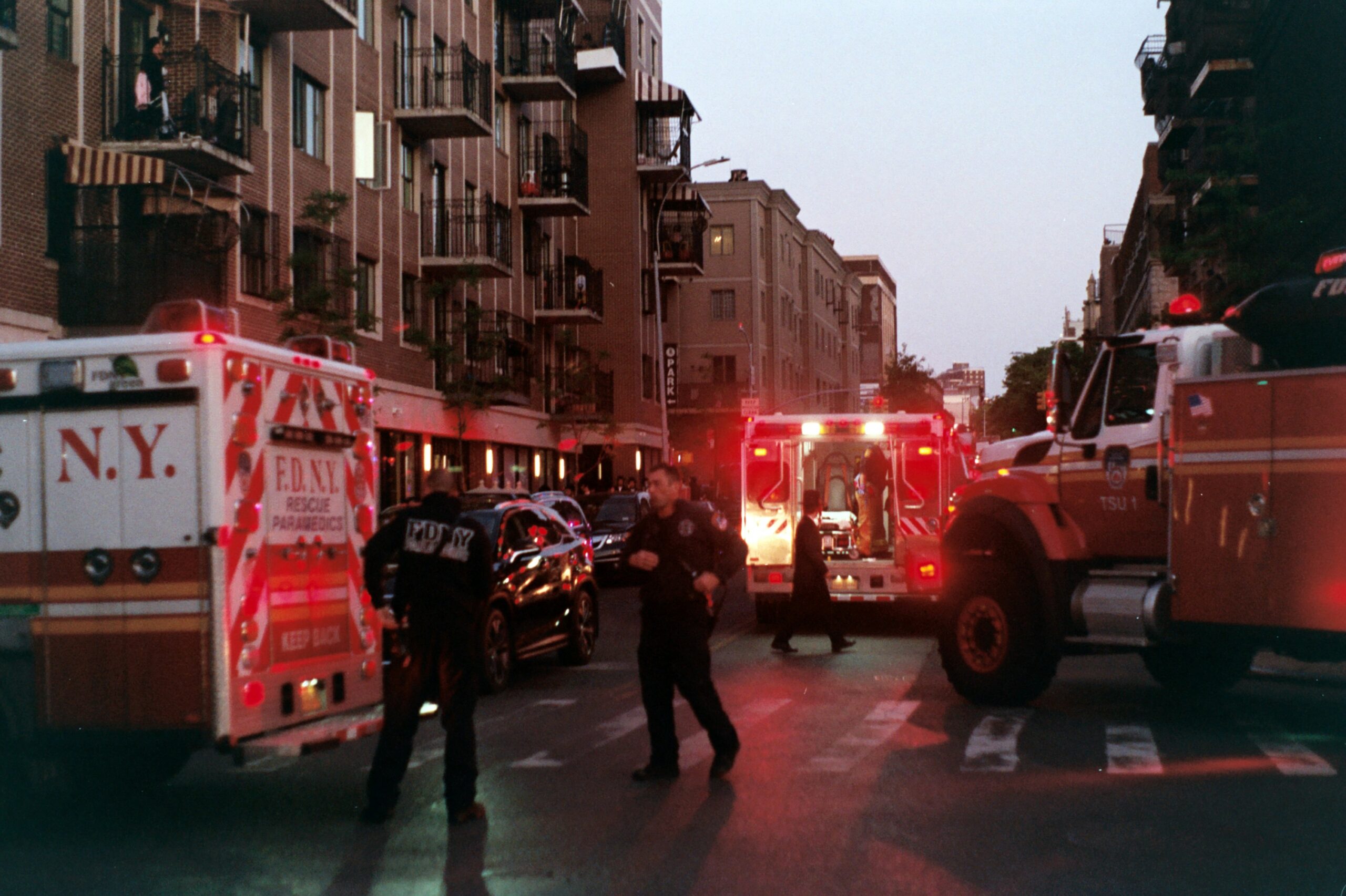Accidents can change a person’s life in an instant. In bustling cities like Houston, where daily activities move at a fast pace, accidents happen without warning. A slip on a wet floor, a car accident, or a workplace injury can leave a victim facing not only physical pain but also emotional, financial, and social challenges.
The aftermath can feel overwhelming, with adjustments needed on every level. However, with the right support, the right resources, and strength, life after an accident can be navigated, one step at a time.
In this article, we’ll explore how safety, support, and strength play key roles in recovery and offer practical insights into rebuilding your life after an accident.
The Physical Impact: Adjusting to New Limitations
Accidents often leave their victims with injuries that are more than just skin deep. Whether it’s broken bones, head trauma, or damage to muscles and joints, the physical effects can range from temporary to long-lasting. For many, the road to recovery involves rehabilitation, constant medical care, and adjustments to daily routines.
For example, someone who was once active and independent may find themselves needing help with basic tasks like walking, eating, or bathing. Simple tasks can become monumental challenges when mobility is compromised. Victims may need to install ramps, use mobility aids like crutches or wheelchairs, or set up their homes to accommodate their recovery.
Adjusting to these changes can be difficult, but creating a safe environment at home is key. Simple additions like handrails, accessible shower spaces, and sturdy furniture can make a world of difference in helping a person regain their independence during recovery.
Financial Burdens: Managing the Financial Fallout
Accidents can also lead to significant financial strain. Medical expenses, lost wages due to missed work, and the cost of long-term care or rehabilitation can quickly add up. Victims often face an uncertain future, unsure of how they will pay for treatments, therapy, or even their everyday expenses.
It’s important for victims to explore all options for managing financial burdens. Insurance policies can be an invaluable resource, but navigating them can be complex. In addition, many people don’t realize that there are government programs, nonprofit organizations, and community resources that may offer financial assistance during recovery.
One of the most helpful steps is seeking legal support. A Houston personal injury attorney working at reputable firms, such as Trust Guss Injury Lawyers, can help victims pursue claims for compensation that can cover medical bills, lost wages, and ongoing rehabilitation costs. Legal assistance ensures that victims don’t have to face the financial burden alone, allowing them to focus on healing rather than worrying about how they will make ends meet.
Emotional and Psychological Aftermath
The emotional toll of an accident can sometimes surpass the physical pain. Victims may experience anxiety, depression, and even post-traumatic stress disorder (PTSD) as they process the trauma. It’s important to acknowledge that an accident doesn’t just affect the body; it also takes a significant psychological toll.
Coping with feelings of loss — whether it’s the loss of physical abilities, independence, or the life the victim once knew — can be overwhelming. Many victims feel isolated, especially when they are no longer able to engage in their usual activities or participate in social events.
Finding support during this time is crucial. Counseling, therapy, or support groups specifically for accident survivors can be incredibly helpful. Having a solid support system of friends, family, and professionals can provide the emotional healing needed to move forward.
Self-care also becomes an essential part of recovery. Victims should prioritize their mental health just as much as their physical recovery, taking time to address emotional needs through relaxation, meditation, or connecting with others who understand their journey.
Social and Lifestyle Changes: Navigating New Realities
Beyond the physical and financial impact, accidents often bring about drastic social changes. People who once enjoyed a rich social life might find themselves isolated, either because of physical limitations or emotional barriers. When recovering from an accident, social circles often shift as friends and family members may not know how to offer support, and victims may struggle to find the energy to participate in previous activities.
Additionally, many relationships are tested during the recovery process. Family members may take on caregiving roles, which can put a strain on both the caregiver and the person recovering. However, this is also an opportunity to reconnect with loved ones, share experiences, and lean on one another for support.
As difficult as it may be, victims must also adapt their lifestyle and find new ways to enjoy life. They may need to explore hobbies and activities that fit within their new reality, such as learning to enjoy art or listening to music instead of engaging in sports or hiking. Recovery doesn’t mean that everything is lost — it simply requires a reimagining of what life can look like moving forward.
Conclusion
Recovering after an accident is a journey that requires safety, support, and strength. While the road to healing can be long, victims are never alone — there are resources, support systems, and legal professionals available to help. The right support, both physical and emotional, can help turn a challenging experience into a story of resilience. And with the right legal help, financial burdens can be eased, allowing victims to focus on what truly matters: their recovery and rebuilding their life.

